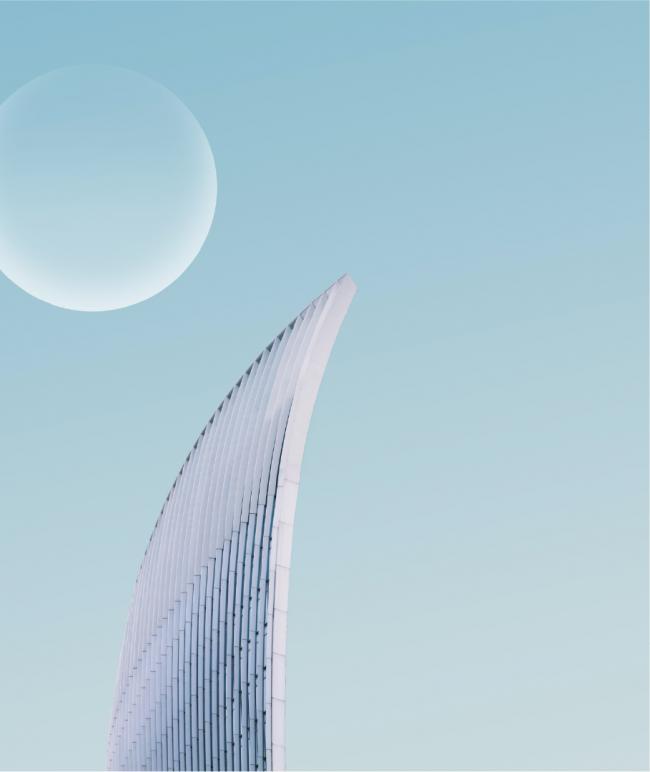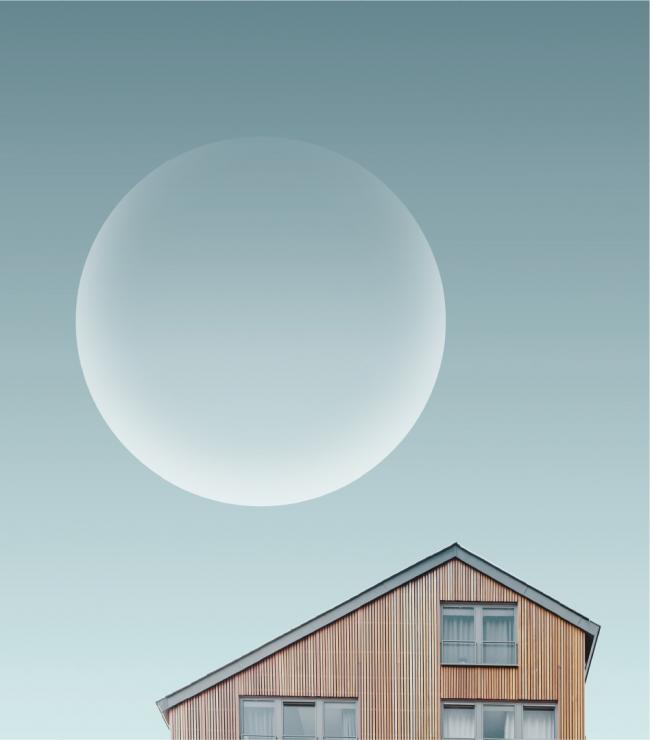Manifesto
We are an open innovation ecosystem, an essential link between laboratories and markets, a network from which the next habitat paradigm must be born.

We build
Since the dawn of time, our species has shown ingenuity to survive in environments which, because of their indifference, are often hostile to us. We first explored caves, seeing in these natural cavities protective places. Then we developed all kinds of mobile and temporary habitats taking into account various geographical, cultural and organizational specificities - huts, tipis, yurts, igloos, cabins. Later on, we built villages, which over time became huge towns and then megacities. Today, we are able to build towers exceeding one kilometer in height. Over time, the ingenuity that served us so well for so long has become a problem by disconnecting us from nature, from its resources, from its rhythm. Our economic, industrial, urban and architectural paradigm is now a real ecological time bomb.
Aware of this harsh reality, WE have created MEZeroE.
We are researchers, industrialists, engineers, architects, scientists, private organizations, universities, designers, journalists. We are lucid and realistic. But also and above all optimistic.
We are MEZeroE
It’s time to come down to Earth
We have already been to the Moon. Tomorrow we will go to Mars. But before that, it may be time to come back down to Earth. Because the global economic and industrial context that we have tried so hard to set up is now turning against us. In this sense, we have to admit that we have built our own prison. By seeking to achieve extreme profitability, the construction industry has moved away from its fundamental role. It would be easy to criticize this industry, as if it had become a kind of evil and unreasonable entity on its own. But we, as a species, are completely responsible for this drift. Especially when scientists have been sounding the alarm for decades.
The figures are available and well known. In Europe, the act of building generates more than a third of our CO2 emissions. And once built, the buildings we live in consume about 40% of the energy we are able to produce. While some see these indicators simply as words and data, others are dying because of the climate crisis. Coastal cities are losing ground every year to rising seas. Forest fires are raging at the gates of our cities with increasing intensity and consistency. And the notion of “refugee”, once reserved for conflicts, is now sadly relevant in the climate context as well. After the scientists, it is now the insurers who are sounding the alarm. Over the last 50 years, the number of weather-related disasters has been multiplied by five according to the World Meteorological Organization (WHO), which is attached to the United Nations (UN). Insurers are warning that property damage due to drought, fire or rising water levels will become increasingly difficult to cover.

We promise to implement academic,
scientific and industrial synergies
that will allow the revaluation of short
and local industrial circuits.
Despite the seriousness of the situation, we are resolutely dedicated to maintaining an optimistic attitude. This does not mean that we will naively and passively wait for an ecological miracle. It means that we promise to create a realistic and virtuous ecosystem, in which industry and science can rely on each other. We don’t have the only solution or even, necessarily, the best one. But we do know exactly which partners to bring together, and we know how to create the framework conditions that will foster their collaboration. We promise to make MEZeroE a committed movement towards the reconsideration of what progress in housing industry should be in the light of the climate emergency.
And Europe has a real card to play, even if it has to navigate the current Chinese monopoly in the production of building technology devices such as photovoltaic panels. In this context, we promise to implement academic, scientific and industrial synergies that will allow the revaluation of short and local industrial circuits. Europe has not yet had its final word, as evidenced by the massive ecological recovery plans recently adopted to restart an economy shattered by the coronavirus pandemic. This promise of change does not come without a realistic and radical awareness. After exploring its own wildest fantasies, architecture must come down to Earth. It is a question of composing again with constraints of form, henceforth defined by the function of durable technical elements that must be integrated in every responsible project.